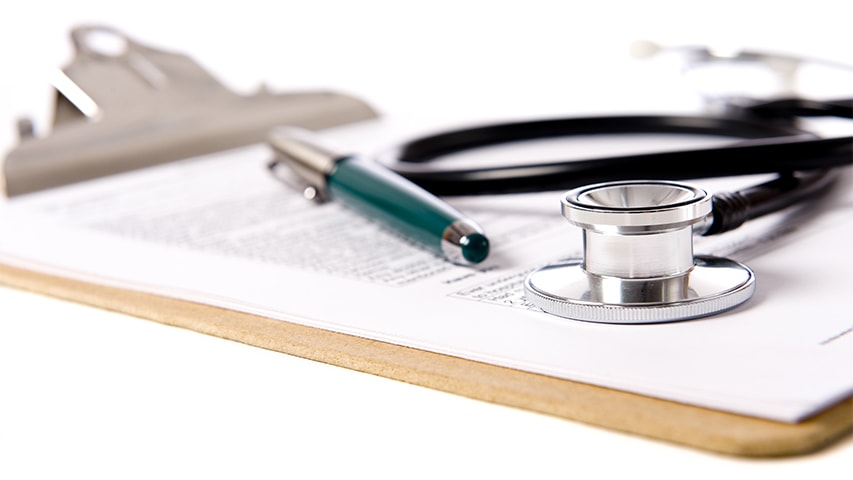Self-Rated Health Predicts Immune Response to the Common Cold
Finding Suggests Physicians Should Ask Patients To Rate Their Own Health
Shilo Rea / 412-268-6094 / shilo@cmu.edu
It turns out that we may be the best forecasters of our own health.
New research from Carnegie Mellon University psychologists shows that a simple self-rating of health accurately predicts susceptibility to the common cold in healthy adults aged 18-55 years. Published in Psychosomatic Medicine, the study — led by CMU’s Sheldon Cohen — indicates that low self-rated-health is associated with poorer immune system competence.
“Poor self-ratings of health have been found to predict poor health trajectories in older adults, including an increased risk for mortality. Strikingly, these associations remain significant even after accounting for the effects of objective indicators of health such as physical exams, medical records, and hospitalizations,” said Cohen, the Robert E. Doherty University Professor of Psychology in the Dietrich College of Humanities and Social Sciences.
Explanations for these robust associations have primarily focused on the premise that people judge themselves as healthier if they engage in beneficial health practices such as getting regular exercise, and being a nonsmoker, and if they have strong social ties and feelings of emotional well-being. In turn, people with these characteristics are less likely to get sick and more likely to live longer.
“We wanted to examine whether self-rated health predicted effective immune response in younger adults selected for their good health and whether this association was dependent on health practices and socioemotional factors,” Cohen said.
For the study, 360 healthy adults with an average age of 33 years assessed their health as excellent, very good, good, fair or poor. They were subsequently exposed to a virus that causes the common cold and monitored for five days for the development of illness. About one-third of the participants developed colds.
None of the participants reported poor health at the beginning of the study and few (only two percent) reported fair health — which was expected because the study targeted healthy individuals. The investigators found that those who rated their health as very good, good or fair were more than two times as likely to develop a cold as those who rated their health as excellent. Yet, socioemotional factors and health practices could not account for why those with better self-rated health were resistant to developing a cold.
Cohen believes the connection between self-evaluations of health and susceptibility to infection is tied to pre-morbid indicators — such as sensations, feelings, diffuse symptoms — of dysfunction of the immune system that tell us something is wrong.
“There are some things that we know about our bodies that aren’t easily detectable by our physicians,” Cohen said. “Our data suggest that this evaluation reflects how the immune system reacts to infectious agents.”
In an accompanying editorial published in Psychosomatic Medicine, UCLA School of Medicine’s Hyong Jin Cho and Michael Irwin praised the study, calling it a “unique contribution to the understanding of biological mechanisms of the link between self-rated health and morbidity.” Cho and Irwin also suggested that the results raise the question of “whether self-rated health serves as a simple cost-effective screening tool for susceptibility to infectious or inflammatory disorders.”
In addition to Cohen, the study was co-authored by CMU’s Denise Janicki-Deverts and the University of Pittsburgh School of Medicine’s William J. Doyle.
The National Center for Complementary and Integrative Health, National Institute of Allergy and Infectious Diseases, National Heart, Lung and Blood Institute and National Institutes of Health funded this research.